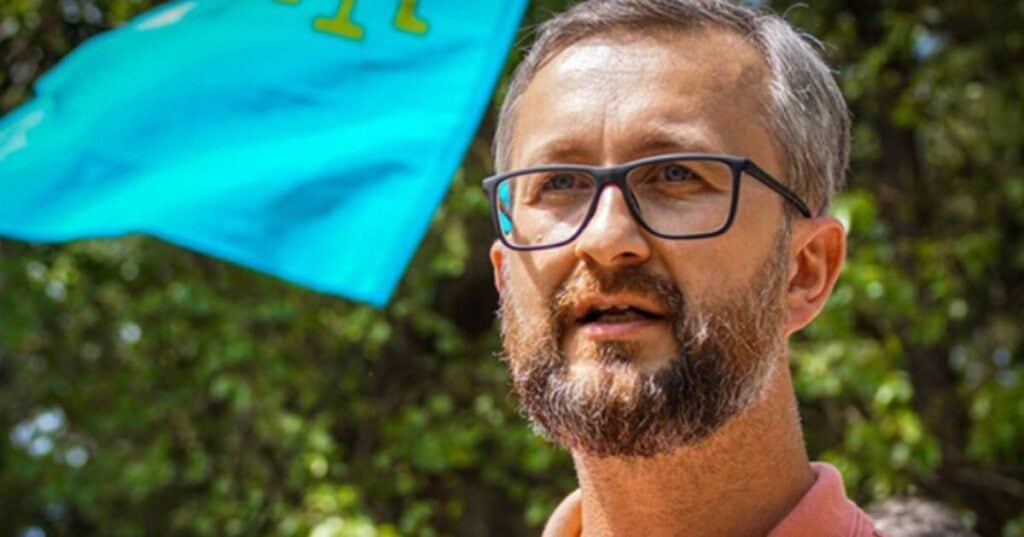Ukraine Appoints Crimean Tatar Activist Tortured by Russia as Ambassador to Turkey

Ukrainian President Volodymyr Zelensky has appointed Nariman Dzhelial, a prominent Crimean Tatar activist who was tortured in Russian captivity, as Ukraine’s new ambassador to Turkey—a move that places the spotlight firmly on decades of Russian repression of the Crimean Tatar people and underlines Kyiv’s commitment to amplifying their voices on the world stage.
Dzhelial was arrested in 2021 by Russian forces occupying Crimea and sentenced to 17 years in prison in a trial widely condemned as politically motivated. During his detention, he was subjected to physical abuse, held in degrading conditions, and denied medical treatment. His case was emblematic of Russia’s broader campaign of intimidation against Crimean Tatars following the 2014 annexation of the peninsula.
Speaking before the UN Security Council in January 2025, Dzhelial described the conditions he endured: “They beat people, tortured them with electric shocks, threatened to harm family members. In some cases, they even imitated executions,” he said. “I myself was subjected to degrading treatment—forced to remain standing or sitting on a bench for days, causing my legs to swell. I was denied basic medical care.”
His appointment is seen in Kyiv as both a strategic diplomatic move and a powerful gesture of historical reckoning. A senior Ukrainian official described it as “a message that those Russia tried to erase are now shaping Ukraine’s future.”
Crimean Tatars have long suffered under Russian and Soviet rule, subjected to systemic violence, erasure, and forced displacement. The most devastating blow came on May 18, 1944, when Soviet dictator Joseph Stalin ordered the mass deportation of the entire Crimean Tatar population. Soviet forces surrounded villages across the peninsula, giving families as little as 15 minutes to gather their belongings before forcing them onto freight trains bound for Central Asia.
![]()
Nearly 200,000 people were deported over the course of three days. The operation was carried out with military precision—and total disregard for human life. Conditions in the trains were brutal: overcrowded, unheated, and without food or sanitation. Thousands died en route. In the first two years of exile alone, more than 40% of the deportees perished due to starvation, disease, and exposure.
Entire communities were wiped from the map. Crimean Tatar homes were seized and redistributed. Cemeteries were destroyed, mosques were converted into warehouses, and references to Crimean Tatar culture were removed from official Soviet records. Crimea was repopulated with ethnic Russians, and for decades the Tatars were banned from returning.
It wasn’t until the late 1980s that the first waves of Tatars began returning to Crimea. Even then, they faced legal barriers, land disputes, and social discrimination. After Ukraine gained independence in 1991, the Crimean Tatars gradually rebuilt political structures like the Mejlis and gained representation in national institutions. But the 2014 Russian invasion reset that progress—and reactivated the machinery of repression.
The Mejlis was banned by Russian authorities in 2016. Surveillance, arbitrary arrests, and show trials became commonplace. Human rights organizations including Amnesty International and the Clooney Foundation for Justice have documented enforced disappearances, torture, and the use of anti-extremism laws to suppress dissent.
Dzhelial’s own arrest and conviction, widely viewed as retaliation for his activism, was monitored by international legal observers. The Clooney Foundation noted that his conviction was based on coerced testimony obtained through torture, violating both Russian and international legal standards.
Read more about how Russia turns other ethnicities into prison inmates while facing labor shortages.